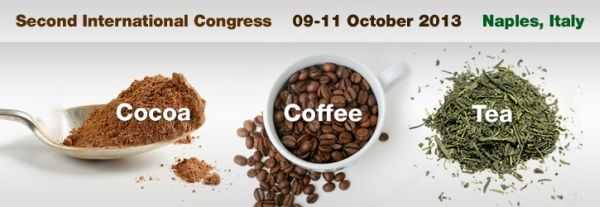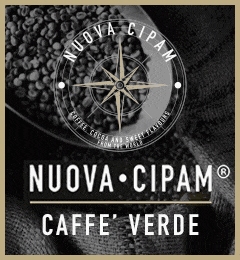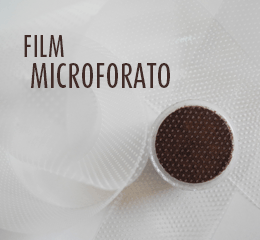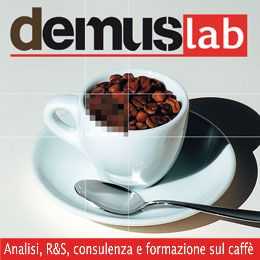Sirota R1 , Gorelik S1, Harris R1, Kohen R1, Kanner Joseph2 1The Institute of Drug Research, Faculty of Medicine, Hebrew University of Jerusalem, Israel. 2Institute of Biochemistry Food Science and Nutrition, Hebrew University, Rehovot, Israel.
E-mail: jkanner@bezeqint.net
Coffee is one of the most popular beverages in the world supplying the most significant portion of daily intake of dietary antioxidants, mainly polyphenols1. Our results showed that partially oxidized red-meat is further oxidized in stomach medium2, generating modified-LDL3.
Roasted-ground coffee was found to inhibit this oxidation and be more efficient antioxidant than instant soluble coffee. A cup of roasted-ground coffee of 168 ml could inhibit lipid peroxidation generated in stomach medium by 200g of red-meat.
The results revealed a relatively rapid accumulation of MDA in human plasma volunteers after a meal of red turkey meat cutlets (250 g).
Roasted-ground coffee beverage (200ml) consumed by 10 volunteers during a meal of turkey meat cutlets inhibited plasma MDA absorption by 80% and 50%, 2h and 4h after the meal, respectively.
Our results emphasized the importance of the stomach as an intersection of important chemical reaction, the organ by which food oxidation and antioxidation processes take place affecting absorption of ALEs into the blood circulation2, 3.
The results obtained in in-vitro system were predictive for absorption of ALEs in human, in-vivo. The control of lipid peroxidation in the stomach by dietary specific antioxidants seems to be a critical site and step for preventing the postprandial oxidative stress and atherogenesis in humans.
References
[1]Chu, Y. F. et al. Roasted coffees high in lipophilic antioxidants and chlorogenic acid lactones are more neuroprotective than green coffees. J. Agric. Food Chem. 2009, 57, 9801- 9808.
[2]Kanner, J. et al. Protection by polyphenols of postprandial human plasma and low-density lipoprotein modification: The stomach as a bioreactor. J. Agric. Food Chem. 2012, 60, 8790-8796.
[3]Gorelik,S. et al. A rational approach to prevent postprandial modification of LDL by polyphenols. J.of Funct. Food, 2013, 5, 163-169.















